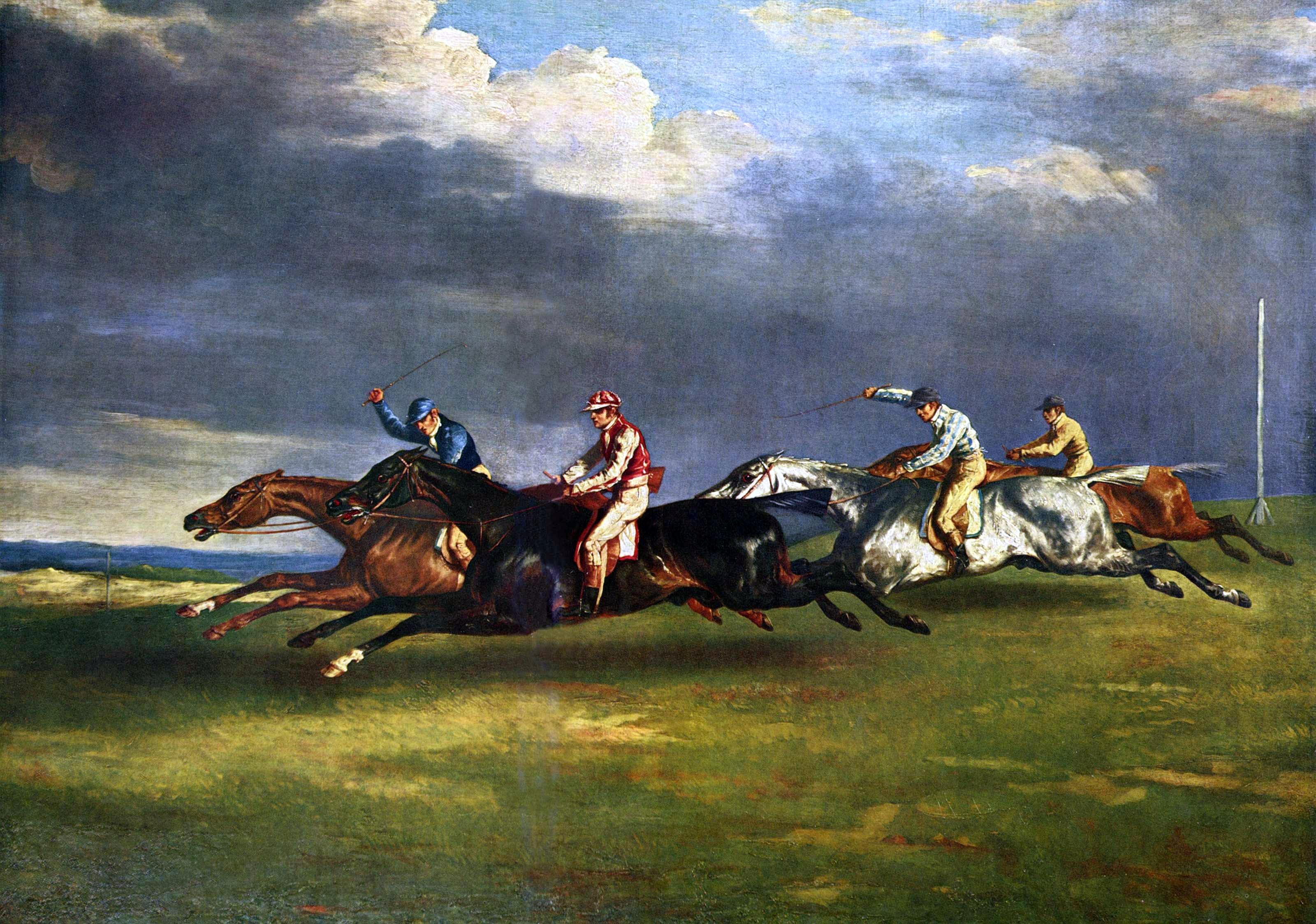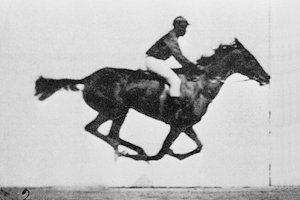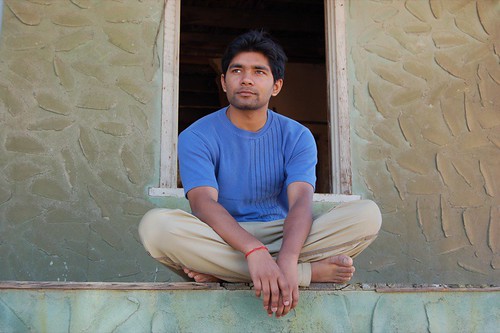I have noticed, I'm in complete love with language! And it's slightly scary because I do not think that people take it as seriously as I do. I would even go as far as hinting that there might be something wrong with me in the indulgent pleasures I take in the obscure quirks of language. Let me explain.
It's one thing laughing at a joke. It's an altogether different thing if that joke makes you feel fulfilled. Language does that to me. When I come across something intelligent, a witty play of words, a subtle innuendo, or a masterful exposition, to say that I enjoy it would be a massive understatement. Something as trivial as an insightful double entendre makes the world a better place for me. The trials and tribulations of a world so deeply entrenched in dishonest mediocrity do not seem quite so imposing after all.
It was a bright June morning in mid May when I woke up rubbing my eyes and clicked on my laptop to check my mail. In my inbox was a mail from UCSD parking office waiting to be opened and read. As a general habit, the importance that I give to any mail reduces exponentially with the number of people it is sent to beside me, with mails sent to 2 or more people hardly ever registering in my consciousness. It is only fair to say then that a mail from UCSD parking office to all UCSD students might as well find it's way to Junk for all I care. Anyways, it did catch my attention. It was a very small thing. Their subject had the name of the office itself and it was very smartly called 'between the lines'. I was so happy for the rest of the day. I wanted to tell it to so many people but after the first few who blinked at the complete pointlessness of the whole issue, I gave up. Nevertheless, you get the point.
I love the inherent music that words have. I think that a phrase as senseless and stupid as 'hoversmack tenenbaum' dances and sways with as much beauty as any abstract piece of art. I love the ringing sound words like 'junction' and 'gumption' make in the ears. I love the sophistication vested in the pronunciation of 'boulevard' and 'bourgeois' and I am happy that there was a time when people were brave enough to invent words like flaucinaucinihilipilification.
English is inherently conducive to linguistic manipulations. Comedy based purely on language is inbuilt in English. It's a facet that woefully lacks in so many other languages including Hindi. In fact I feel that linguistic comedy is the most sophisticated form of humor possible as it requires a level of intelligence that is far beyond what is required for slapstic humor and considerably beyond incisive satire. Sarcasm as an art is a subset of the intelligence that is developed enough to dabble sophisticatedly in language. That is why while a 'Yes Minister' can afford to be a brilliant satire without relying too much on language, 'A bit of Fry and Laurie' necessarily has to be a great satire in order to fulfill it's linguistic destiny.
There is a reason why we find bollywood comedy as nothing better than loose stool and arse gravy. Bollywood comedy has never been sophisticated, at least never on a large scale and one of the reasons is definitely a non-conducive language. Our best brains and our best language vests with the creative minds and foul tongues of 20 somethings and not in the wisdom of the balding and the spent. It's in the greasy corridors of hostels festooned with unwashed dishes and unwashed boys that language in all it's majesty finds its true colors. It's here in the hallowed portals of... whatever, that it soars into the stratosphere of brilliance. Too bad that we as a culture are either prude and intolerant or mediocre and non-discriminating. It shows up in our cinema.
I see that I have digressed again :).
It's one thing laughing at a joke. It's an altogether different thing if that joke makes you feel fulfilled. Language does that to me. When I come across something intelligent, a witty play of words, a subtle innuendo, or a masterful exposition, to say that I enjoy it would be a massive understatement. Something as trivial as an insightful double entendre makes the world a better place for me. The trials and tribulations of a world so deeply entrenched in dishonest mediocrity do not seem quite so imposing after all.
It was a bright June morning in mid May when I woke up rubbing my eyes and clicked on my laptop to check my mail. In my inbox was a mail from UCSD parking office waiting to be opened and read. As a general habit, the importance that I give to any mail reduces exponentially with the number of people it is sent to beside me, with mails sent to 2 or more people hardly ever registering in my consciousness. It is only fair to say then that a mail from UCSD parking office to all UCSD students might as well find it's way to Junk for all I care. Anyways, it did catch my attention. It was a very small thing. Their subject had the name of the office itself and it was very smartly called 'between the lines'. I was so happy for the rest of the day. I wanted to tell it to so many people but after the first few who blinked at the complete pointlessness of the whole issue, I gave up. Nevertheless, you get the point.
I love the inherent music that words have. I think that a phrase as senseless and stupid as 'hoversmack tenenbaum' dances and sways with as much beauty as any abstract piece of art. I love the ringing sound words like 'junction' and 'gumption' make in the ears. I love the sophistication vested in the pronunciation of 'boulevard' and 'bourgeois' and I am happy that there was a time when people were brave enough to invent words like flaucinaucinihilipilification.
English is inherently conducive to linguistic manipulations. Comedy based purely on language is inbuilt in English. It's a facet that woefully lacks in so many other languages including Hindi. In fact I feel that linguistic comedy is the most sophisticated form of humor possible as it requires a level of intelligence that is far beyond what is required for slapstic humor and considerably beyond incisive satire. Sarcasm as an art is a subset of the intelligence that is developed enough to dabble sophisticatedly in language. That is why while a 'Yes Minister' can afford to be a brilliant satire without relying too much on language, 'A bit of Fry and Laurie' necessarily has to be a great satire in order to fulfill it's linguistic destiny.
There is a reason why we find bollywood comedy as nothing better than loose stool and arse gravy. Bollywood comedy has never been sophisticated, at least never on a large scale and one of the reasons is definitely a non-conducive language. Our best brains and our best language vests with the creative minds and foul tongues of 20 somethings and not in the wisdom of the balding and the spent. It's in the greasy corridors of hostels festooned with unwashed dishes and unwashed boys that language in all it's majesty finds its true colors. It's here in the hallowed portals of... whatever, that it soars into the stratosphere of brilliance. Too bad that we as a culture are either prude and intolerant or mediocre and non-discriminating. It shows up in our cinema.
I see that I have digressed again :).


